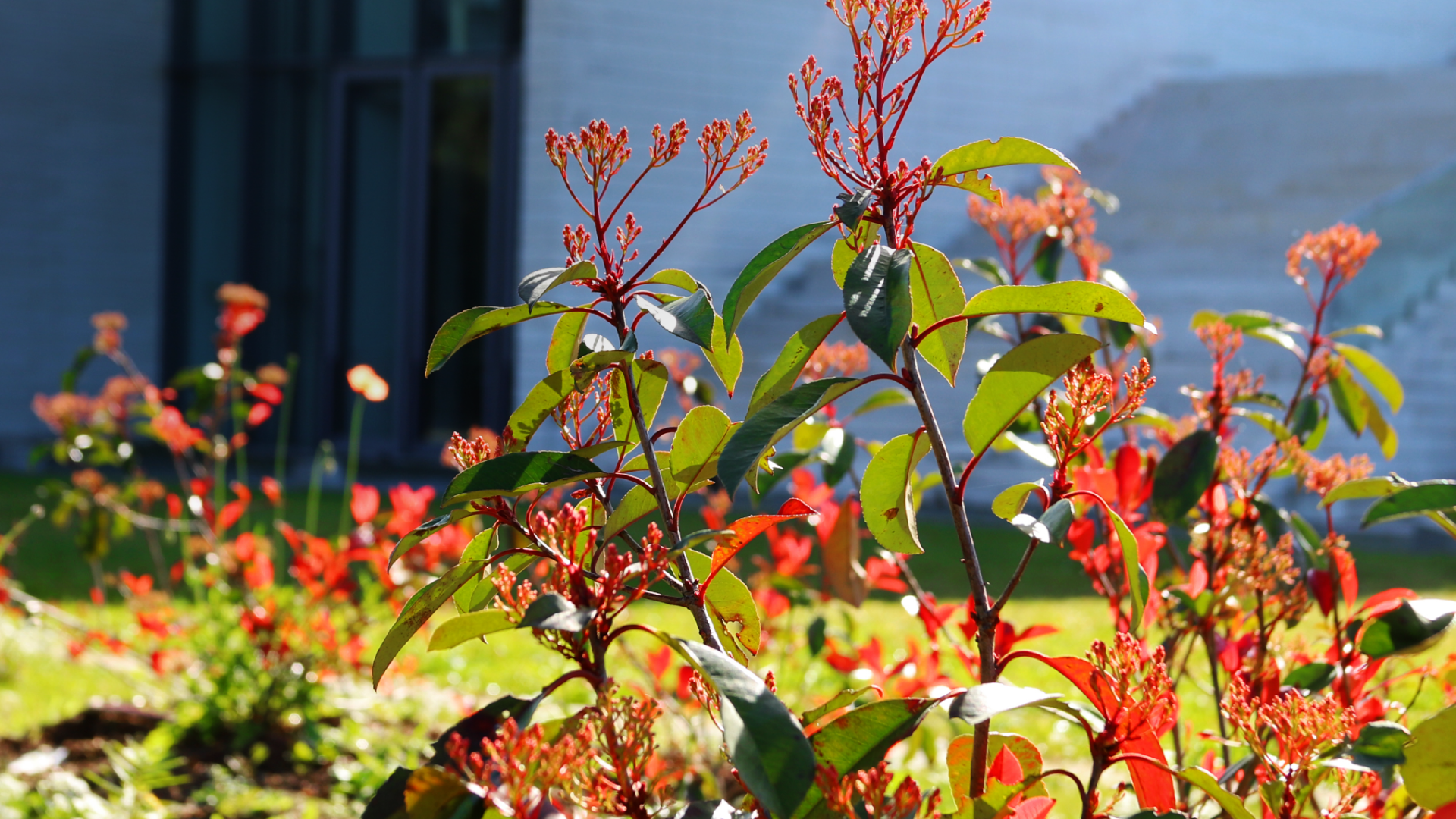Welcome to the remarkable innovation ecosystem of NOVA University Lisbon, an institution with over 50 years of history in shaping the future. NOVA’s role in creating societal value continues to be publicly recognized, as evidenced by the 1st edition of the Triple E Awards. Launched in 2022 to acknowledge the performance of European higher education institutions in the so-called third mission of universities, the award immediately honoured NOVA as the “Entrepreneurial University of the Year.”
The numbers behind this accolade speak for themselves: through its students, alumni, and researchers, NOVA has created over 140 start-ups, including a unicorn – Outsystems – valued at around $9.5 billion. These figures have also positioned NOVA among the top Portuguese universities with the most alumni founders, as recognized by Startup Portugal. Every year, more than 3,000 of our students engage in entrepreneurship-related activities. To date, NOVA has formally recognized 20 spin-offs.
Recently, one of these spin-offs achieved the largest technology transfer deal by Portuguese start-ups in the life sciences sector in Portugal. Cellmabs announced in early 2024 the licensing of proprietary technology from NOVA for cancer treatment to BioNTech, the German company responsible for developing one of the COVID-19 vaccines.
“It is with immense pride that we see a technology initially developed in one of NOVA’s research centres having its potential recognized with a great likelihood of saving lives, thus confirming the quality of the cutting-edge research conducted at the University and its societal impact,” emphasizes Isabel Rocha, the Vice-Rector for research and innovation at the University.
Her portfolio also includes the “Impact Narratives in Research” challenge, an initiative that in 2023 encouraged University researchers to write accessible narratives highlighting the societal impact of their scientific projects. Contributing to the University’s dynamic innovation are over 600 active agreements with companies and other non-academic entities aimed at solving concrete industry and societal problems.
But NOVA’s innovation aspirations go even further. As Rector João Sàágua points out, “Innovation is imperative as the world becomes increasingly interconnected and technological, necessitating a balance between artificial intelligence advancements and people’s well-being, ensuring no one is left behind. Innovation is part of NOVA’s culture, and its strategy focuses on promoting synergies between the business sector, civil society, and public institutions, as we believe that only through cooperation can advanced solutions to societal challenges be developed.”
This perspective led to the creation of the organizational innovation portfolio at the University. “People are our most valuable resource, so it is essential to involve the NOVA community in the construction and implementation of new solutions and ways of functioning,” corroborates Pedro Saraiva, the Vice-Rector responsible for Organizational Innovation and Digital Transformation. This area created and drives the DNA Awards – an acronym for Acting Differently at NOVA – launched to disseminate innovative practices and contribute to developing a culture of organizational innovation. These awards have already seen two successful editions with participation from teams across all NOVA’s constituent entities.
Simultaneously, NOVA has also invested in a different type of innovation, more oriented towards social and territorial issues. Supervised by Pro-Rector João Seixas, social-territorial innovation became an institutional priority after it became evident that Portuguese society has numerous needs requiring a new type of vision and response – for which universities can make a significant contribution in fundamental areas such as food, mobility, and housing.
Already underway is the QA – Accessible Rooms for University Students project, which aims to combine housing offers to students with homes of people living alone. “It is a way to enhance existing resources, promoting sustainability and positive social impacts, thus reflecting the civic and global character of NOVA,” says João Seixas.
At the forefront is also the continuous investment in pedagogical innovation, which today combines the benefits of in-person and distance learning, a practice distinguished since 2020 with the Award for Excellence in Pedagogical Innovation. Additionally, it is important to remember that for 10 years, NOVA has been offering complementary training to its doctoral students, considered one of the University’s best initiatives.
“It is indeed an inspiring genesis,” notes João Amaro de Matos, the Vice-Rector coordinating the areas of Education and International Development at NOVA, adding that this training model, across all schools and fields of knowledge, is also marking the University’s expansion – its best example being the similar programmes with students from partner universities in the EUTOPIA alliance.
Closing the geographic scope of NOVA’s investment in innovation is the ambitious Innovation District. Located on the south bank of the Tagus River, it is a project to be built around the campus housing NOVA FCT – School of Science and Technology and proposes the creation of a new, modern, and revitalized city aimed at attracting people and companies.
“Designed based on the live-work-play concept, this new city envisioned by NOVA aims to elevate the quality of life for its residents, with various points of interest within a 15-minute reach,” as José Branco, the Pro-Rector responsible for implementing the project, highlights – all anchored in the goals defined by sustainable development.
NOVA is also the institution that chairs the Sustainable Development Solutions Network (SDSN) Portugal, part of the global network created within the United Nations to promote the SDGs. As Júlia Seixas, President of SDSN Portugal and Pro-Rector of NOVA for Sustainability, points out: “It is the perfect opportunity to develop innovative solutions aimed at sustainable development in service of society.”

